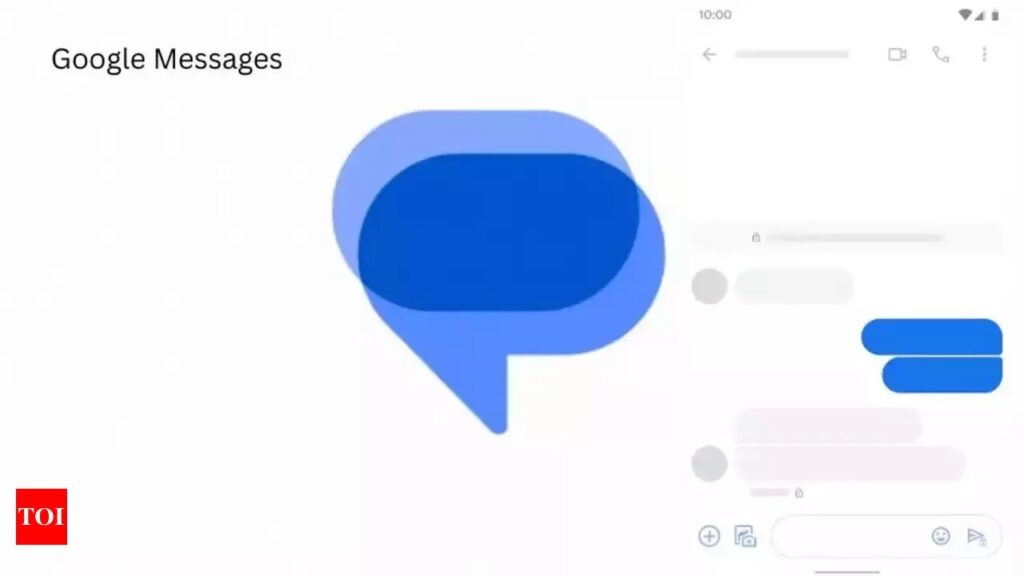Google Messages recently launched a new update that restricts RCS enhanced messaging features for rooted Android smartphones, sparking criticism among some power user communities. We analyze both sides of the debate around this controversial decision.
This article also dives deeper into the security vulnerabilities seemingly responsible for Google’s policy update and discusses potential alternative mitigation strategies.
Understanding RCS Messaging
RCS stands for Rich Communication Services – a messaging protocol intended as the next-generation successor to aging SMS technology. RCS offers enhanced capabilities like:
- Larger media sharing support
- Improved group chatting
- Real-time typing indicators
- Better encryption for privacy
When supported end-to-end, RCS brings messaging much closer to full-featured internet based platforms. But adoption remains scattered globally due to fragmented carrier rollouts.
Why Did Google Block RCS for Rooted Android Phones?
In its latest Google Messages update pushed earlier this month, Google quietly disabled access to RCS messaging for Android devices with unlocked bootloaders and custom ROMs installed – conditions classifying them as rooted.
While no official rationale was provided initially, a community manager later cited exploits using rooted device vulnerabilities as the driver behind this policy change.
Security Concerns Around Rooted Devices
Rooting transforms Android from a secure walled garden into an open platform giving users and apps much wider filesystem access. But this flexibility also expands the phone’s attack surface for malware.
Google fears bad actors could leverage elevated rooted device privileges to bypass permission controls and abuse RCS messaging for spreading spam or malware.
Carrier Concerns
Apart from Google’s own security apprehensions, pressure reportedly came from carrier partners as well. Telecom providers have previously faced regulatory penalties over messaging scams – likely spurring cautious policies here.
Impact of Losing RCS Capabilities
The Google Messages update leaves rooted Android owners stuck on legacy SMS/MMS features instead of RCS capabilities otherwise rolled out, including:
- No enhanced media sharing support
- Group messaging limitations
- Lack of real-time indicators
- Reduced encryption measures
This represents meaningful messaging downgrades for the subset of the Android power user base preferring custom firmware flexibility over walled garden security.

The Case Against Google’s Approach
Google’s blanket RCS block for rooted Android devices has come under community criticism as overreaching for a few reasons:
Penalizes All Rooted Users
The policy paints all rooted devices with the same broad security brush. Legitimate users caring about privacy often still root and customize their phones carefully.
Having elevated privileges alone does not necessarily indicate a compromised phone. With due precautions, root access risks could be minimized without functionality tradeoffs.
User Choice and Control
To some critics, Google’s move comes across as disempowering user independence around managing device security themselves.
Rather than enabling customers to voluntarily shoulder associated risks, it forcibly overrides their preference for customization freedom.
Encourages Circumvention
In response to the update, some technically capable users now attempt to hide signs of root access from Google Messages usingcloaking measures like Magisk.
This could compel an escalating arms race diminishing platform security over time rather than constructively engaging power users.
Potential Alternative Mitigation Strategies
Instead of categorically limiting RCS for rooted devices, Google may have some alternative options to balance functionality and security, like:
One-time Warning
Show a one-time clear warning outlining security risks with the choice to consciously enable RCS anyway. This respects technically adept users’ risk tolerance while setting clear expectations.
Advanced Threat Modeling
Conduct more granular threat modeling on RCS attack vectors spanning device states to shape policies – instead of relying on overly simplistic rooted vs non-rooted binary.
Behavioral Heuristics
Monitor for signs of potential abuse like bot patterns or spam beyond simple root detection proxies. This data-driven approach minimizes false positives impacting legitimate users.

The Bigger Debate Around Device Openness
Stepping back, Google’s latest restrictions around rooted Android access touches on a longstanding ecosystem debate:
- Should device users retain complete flexibility and control if they desire despite risks?
- Or should custodians like Google prioritize security and safety of the mainstream over custom needs of niche power users?
Reasonable arguments exist on both sides. But the tension seems likely to only intensify as mobile technology pervades more sensitive aspects of people’s lives.
Conclusion
Google’s recent move to block RCS messaging for rooted Android phones underscores legitimate platform security challenges. But it also revives important questions around user independence and dignity of choice.
As Google aims to expand RCS adoption competing with iMessage, striking an equitable balance between open extensibility and enforceable safeguards may necessitate more nuanced policies beyond one-size-fits-all solutions.










Add Comment